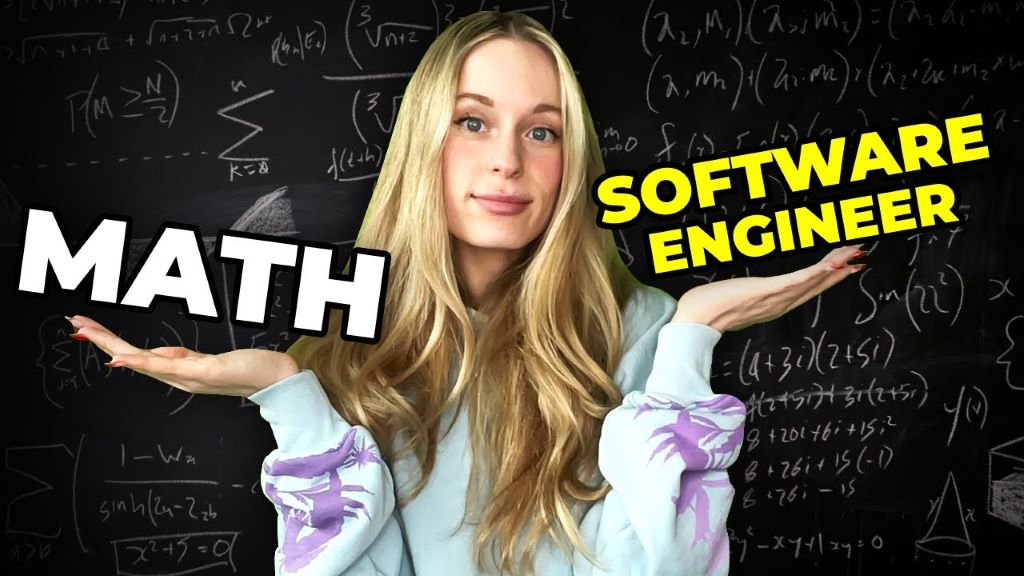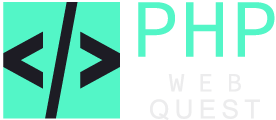
14 Aug Can I Be a Software Engineer If I’m Bad at Math?
Are you passionate about technology and interested in pursuing a career as a software engineer? Perhaps you’ve been discouraged because you believe you’re not strong in math. The good news is that being bad at math doesn’t necessarily mean you can’t become a successful software engineer. In this article, we will explore the relationship between math and software engineering and shed light on why mathematical proficiency is not the sole determinant of success in this field.
The Myth of Math as a Barrier
One of the common misconceptions about software engineering is that it heavily relies on advanced mathematical skills. While mathematics plays a role in certain aspects of software engineering, it is not the only skill that defines success in this profession. In reality, software engineering encompasses a wide range of activities that go beyond mathematical calculations. Discover right now is software engineering hard.
The Problem-Solving Mindset
In the realm of software engineering, a common query often arises: “Can I pursue a career in this field if my math skills are not particularly strong?” It’s a question that can leave many individuals feeling uncertain about their prospects. However, it’s important to note that while math does play a role in software engineering, it’s not an insurmountable barrier. Wondering if you can become a successful software engineer even if you struggle with math? Allow us to shed light on the possibilities and insights in this article. If you’re curious about a straightforward explanation of what is internet safety in simple words? – that’s a relevant topic as well. Let’s delve into the realm of software engineering and address these questions.
Abstraction and Automation
Software engineering involves working with high-level programming languages and tools that enable abstraction and automation. These languages and tools allow developers to focus on the design and implementation of software solutions without getting caught up in the nitty-gritty details of complex mathematical formulas. By utilizing these abstractions and automation, software engineers can build efficient and scalable applications without having to perform extensive mathematical calculations manually.
Collaborative Nature of Software Engineering
Software engineering is rarely a solitary endeavor. It often requires collaboration and teamwork to develop complex software systems. In a collaborative environment, individuals with diverse skill sets come together to contribute their expertise. While a strong mathematical background can be valuable in certain scenarios, a software engineering team can benefit from a diverse range of skills, including problem-solving, critical thinking, creativity, and communication.
Leveraging Mathematical Libraries and Frameworks
When mathematical computations are necessary in software engineering, there are various libraries and frameworks available that simplify the implementation. These tools provide pre-built functions and algorithms that can be used to perform complex mathematical operations without requiring an in-depth understanding of the underlying math. By leveraging these resources, software engineers can focus on utilizing the results rather than reinventing the mathematical wheel.
Real-World Examples
Many successful software engineers have thrived in their careers despite not being math experts. They have contributed to the development of groundbreaking technologies and created innovative software solutions. For example, Steve Wozniak, the co-founder of Apple, was not known for his mathematical prowess but played a significant role in revolutionizing the personal computer industry.
Conclusion
In conclusion, being bad at math does not automatically disqualify you from becoming a software engineer. While mathematical proficiency can be advantageous in certain situations, it is not the sole determining factor for success in this field. Problem-solving skills, collaboration, creativity, and a passion for technology are equally important. Remember, software engineering is a diverse field that offers numerous opportunities to contribute and excel, regardless of your math abilities.
FAQs
- Can I still pursue a career in software engineering if I struggle with algebra and calculus?
Absolutely! While algebra and calculus are foundational topics in mathematics, they are not the only areas relevant to software engineering. Focus on developing your problem-solving and programming skills, and you can still succeed in this field.
- Are there any specific areas of math that software engineers commonly encounter?
Software engineers may encounter math concepts such as statistics, linear algebra, and discrete mathematics in certain areas of specialization or when working on specific types of projects. However, the level of mathematical expertise required can vary greatly depending on the specific role and industry.
- How can I improve my problem-solving skills as a software engineer?
Improving problem-solving skills is essential for software engineering. Practice by solving coding challenges, work on personal projects, and collaborate with others to gain different perspectives and approaches to problem-solving.
- Should I avoid pursuing a career in software engineering if I genuinely dislike math?
Not necessarily. While an interest in math can be beneficial, a genuine passion for technology, problem-solving, and creating software solutions can compensate for any lack of enthusiasm towards math.
- Can I specialize in certain areas of software engineering that require less math?
Yes, software engineering offers various specializations, some of which require less emphasis on advanced math. For example, front-end development, user interface design, and mobile app development can be pursued with a focus on design and user experience rather than complex mathematical calculations.


No Comments